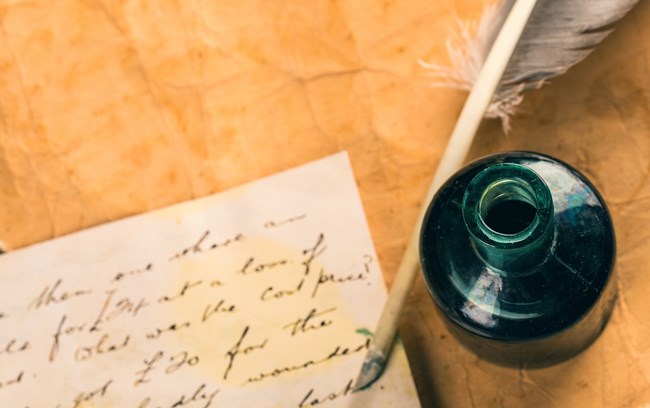Last updated: September 20, 2019
Article
John Pernia

Photo: Creative Commons, 2.0.
Instead, he hired a half-French, half-black man, John Pernia (sometimes Pearny), to be his manservant. It’s believed that Pernia had worked as a servant of Thomas Jefferson in Washington City from 1804 to 1807. Though their relationship was not one of master and slave, Lewis was destined to be in conflict with Pernia, primarily due to financial issues. Lewis was seriously behind in paying Pernia’s salary.
At the time of Lewis’s death on the Natchez Trace, Pernia was accompanying the governor. In search of his back pay, Pernia visited Thomas Jefferson in Albemarle County and on November 26, 1809 received $10 from the ex-president to assist him in his return to the capital. He also wrote to Jefferson in Washington City to request the $271.50 he was owed. He was turned away by Jefferson, as well as Clark, James Madison, and Lewis’s family.
Some believe that John Pernia later committed suicide. The National Archives doesn’t clarify this, but does mention that an impoverished and sickly Pernia died of a laudanum overdose on April 20, 1810.
This link will take you to a National Archives transcript of Pernia’s letter and invoice to Thomas Jefferson of February 10, 1810: https://founders.archives.gov/documents/Jefferson/03-02-02-0171#D26364ID2
